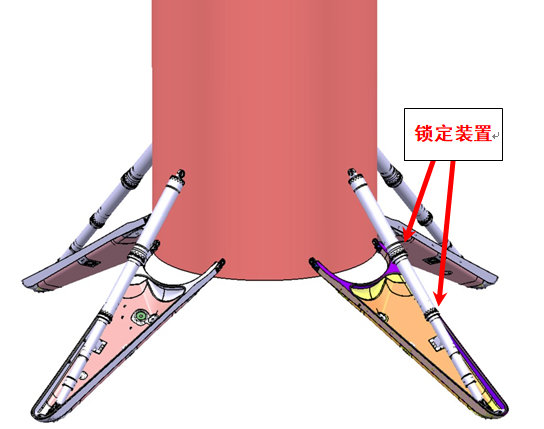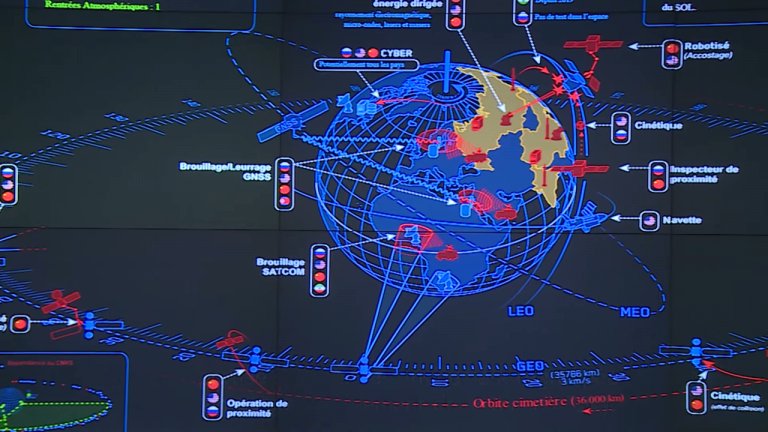@anzha Good summary Bro excellent analysis but I may have to disagree on some issue, there is no such thing as Junior partner between Russia and China, they're equal, as you mentioned the Russian surely had some expertise and that is what partnering is all about sharing expertise, China may had the money but Russia had the experience and no amount of money can compensate that. Ohhh and it is happening with the recent Moon project agreement.Not exactly. The Russians were not in good shape at the fall of the Soviet Union. A lot of their engineers were going unpaid: there was a massive shift of them into the US and other places. The United States was especially worried about this with respect to aerospace technologies. Could North Korea? Iran? Yes, even China, snaffle up engineers like the US and SU did with Germans? Or like the US did when Canada cancelled the Arrow? What would happen when all those engineers and scientists went flooding out into the world?
At the same time, the US was trying to decide between Space Station Freedom and the Superconducting Super Collider. The Clinton Administration had declared there was only money for one. The head of NASA at the time came forward with the plan to pay the Russians for their knowledge in aerospace and keep the Russian engineers in Russia. This won over the administration as it kept a vital and restricted set of technologies from spreading to the rest of the world.
The first step was renting the Mir space station. The second was paying the Russians for the Zarya module: the Russians built it, but the US paid for and owns it. The space station's orbit was even adjusted so it would be easier for the Russians to reach it. The US agreed to have the Russians be equal partners, despite the Russians paying a fraction of the money into the project. The US has spent around $60B vs Russia spending $12B.
Russia during the 90s was in no position, financially, to develop new weapons. $12B is a very, very small amount over the 20 years and, if anything, has preserved know-how for the Russians they would have lost. If there were ways the US screwed over the Russians, it was not through this. That's another topic for another thread.
That said, the Russians having the capabilities they had preserved allows them to participate in the Chinese space station if China so will's it. It would not be a bad move on China's part, so long as it is made clear the Russians are very much junior partners in the endeavor. That may be what happened since the head of Rogozin stated recently Russia would be more interested in building its own national space station than participating in others'. The Russians, in no small part, pulled out of the Gateway Station program since the US this time was running it as an American program rather than a fully joint one with the Russians being full peers like in the ISS.
I, personally, hope the Russians do participate in the Chines station. Having more than one access route to the ISS turned out to be a wonderful thing. Russia could provide the backup route for the Chinese should something go terribly wrong. Eventually, China will have this capability internally. When it does, the Russians would still be a useful backup, but less necessary. Finally, for all the headaches the Russians could and would bring, they have a unique perspective and have some very bright engineers and scientists and would be a net gain for anyone who can collaborate with them. America or China. Since the bridges have been burned (again) between the US and Russia, that means China. If they want to. Time will tell.
You are using an out of date browser. It may not display this or other websites correctly.
You should upgrade or use an alternative browser.
You should upgrade or use an alternative browser.
China's Space Program News Thread
- Thread starter crazyinsane105
- Start date
- Status
- Not open for further replies.
In the business world everywhere, whoever has the money is the boss. Russia is clearly the junior partner, just like the CR-929 project.@anzha Good summary Bro excellent analysis but I may have to disagree on some issue, there is no such thing as Junior partner between Russia and China, they're equal, as you mentioned the Russian surely had some expertise and that is what partnering is all about sharing expertise, China may had the money but Russia had the experience and no amount of money can compensate that. Ohhh and it is happening with the recent Moon project agreement.
To some extend, yes. But we can only judge who the junior partner is from the finer details in the agreement.In the business world everywhere, whoever has the money is the boss. Russia is clearly the junior partner, just like the CR-929 project.
I don't think Russian pride will have itself relegate to the role of Junior partner. Neither will Chinese pride.
What Russia can't level with money, they can level with whatever is left of USSR experience and talent.
Pride doesn't matter though.To some extend, yes. But we can only judge who the junior partner is from the finer details in the agreement.
I don't think Russian pride will have itself relegate to the role of Junior partner. Neither will Chinese pride.
What Russia can't level with money, they can level with whatever is left of USSR experience and talent.
If Russia doesn't have the money then it cant do much even if they have the experience.
After all, rockets are powered by money not dreams and thoughts.
I dont think that the Chinese would accept the Russians being equal to them if they dont contribute the same amount of money as them
Anyone care to comment about this videos claims regarding the U.S. China and Russian satellites getting destroyed happened within a week? It's being suggested that there's maybe more to this than just a mere coincidence.
by78
General
Beijing based private launch vehicle company known as i-Space/Space Honor/Interstellar Glory/StarCraft Glory/Interstellar Glory Space Technology/Interplanetary Glory/Interplanetary Glory Space Technology is planning multiple takeoff and landing tests for its Hyperbola-2 reusable launch vehicle. The landing tests will be conducted for various altitudes that include sub-meter, 1km, and 100km.
Some images of the landing assembly and parts:





Some images of the landing assembly and parts:





@voyager1 then bro its a chicken and egg thing, China will definite achieve its goal but why not cooperate with Russia to achieve it sooner. That collaboration will only exist if both side see each other as equal , as you said its about pride, but both of them see things strategically. And they take their leaf from the US, ASML is a perfect example, they do a certain part which is the most critical the light source while letting others do their things, what matters is to have the main product ready which is the EUVL controlling the tech and had a say to which customer to sell.Pride doesn't matter though.
If Russia doesn't have the money then it cant do much even if they have the experience.
After all, rockets are powered by money not dreams and thoughts.
I dont think that the Chinese would accept the Russians being equal to them if they dont contribute the same amount of money as them
And I apologized from deviating from the main topic, mod fell free to delete this post if needed.
This is confirmed to be true? Is there an actual source of this news? besides this crappy youtube videoAnyone care to comment about this videos claims regarding the U.S. China and Russian satellites getting destroyed happened within a week? It's being suggested that there's maybe more to this than just a mere coincidence.
- Status
- Not open for further replies.

